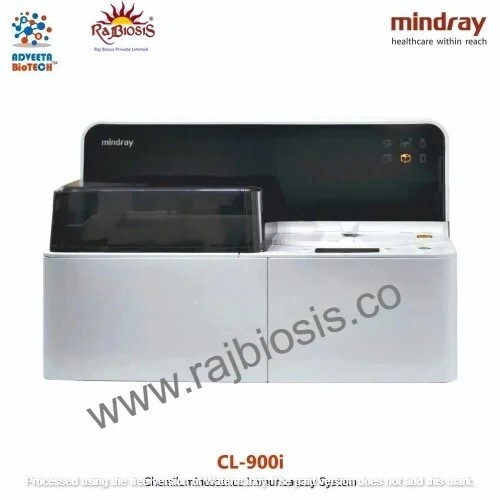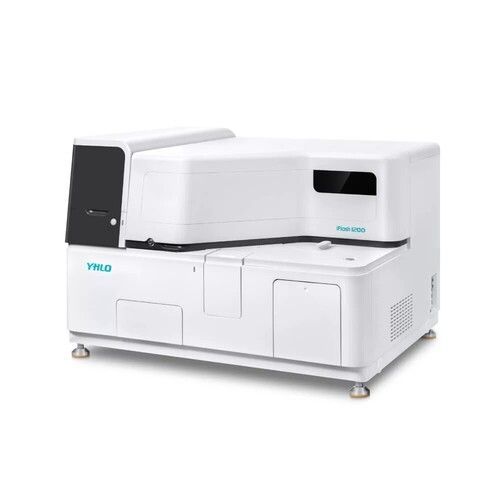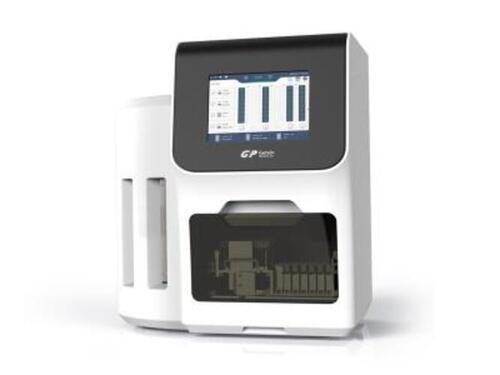 08045816368
08045816368
Immunoassay Analyzer
Product Details:
Immunoassay Analyzer Price And Quantity
- 1200000 INR/Piece
- 1 Piece
Immunoassay Analyzer Trade Information
- Jaipur
- Western Union, Letter of Credit (L/C), Letter of Credit at Sight (Sight L/C), Paypal, Cash in Advance (CID), Cheque, Days after Acceptance (DA), Telegraphic Transfer (T/T)
- 1000 Piece Per Day
- 1-2 Days
- Yes
- Sample costs shipping and taxes has to be paid by the buyer
- All India
Product Description
An immunoassay analyzer is a medical device used in clinical laboratories to automate and streamline the process of conducting immunoassays. Immunoassays are laboratory techniques that utilize the specific binding between an antibody and an antigen for the detection and quantification of various substances in biological samples. These substances may include hormones, proteins, drugs, and other analytes of interest.
The immunoassay analyzer plays a crucial role in the efficient and accurate measurement of these substances by automating the steps involved in the immunoassay process.
Here are some key components and features of an immunoassay analyzer:
1. Sample Processing: The analyzer can handle various types of biological samples, such as blood, serum, urine, or saliva. It typically automates the sample processing steps, including sample dilution, mixing, and incubation with reagents.
2. Reagent Handling: Immunoassays rely on specific antibodies and antigens, and the analyzer manages the precise dispensing of these reagents. This ensures consistency and reliability in test results.
3. Incubation: Immunoassays often require incubation periods to allow sufficient time for the binding of antibodies and antigens. The analyzer controls the incubation temperature and time to optimize the reaction.
4. Detection: The analyzer incorporates a detection system to measure the signal generated during the immunoassay reaction. Common detection methods include chemiluminescence, fluorescence, or absorbance, depending on the specific assay.
5. Data Analysis: Once the immunoassay reaction is complete, the analyzer processes the generated data to quantify the concentration of the target analyte. This may involve calibration curves and standard controls to ensure accuracy.
6. Results Reporting: The final results are typically displayed on a user interface or printed for review. Some analyzers may also have the capability to transmit results electronically to laboratory information systems.
7. Throughput: Immunoassay analyzers vary in terms of their throughput, which refers to the number of samples they can process within a given time frame. High-throughput analyzers are capable of handling a large volume of samples in a short period.

Price:
- 50
- 100
- 200
- 250
- 500
- 1000+









 Send Inquiry
Send Inquiry Send SMS
Send SMS
